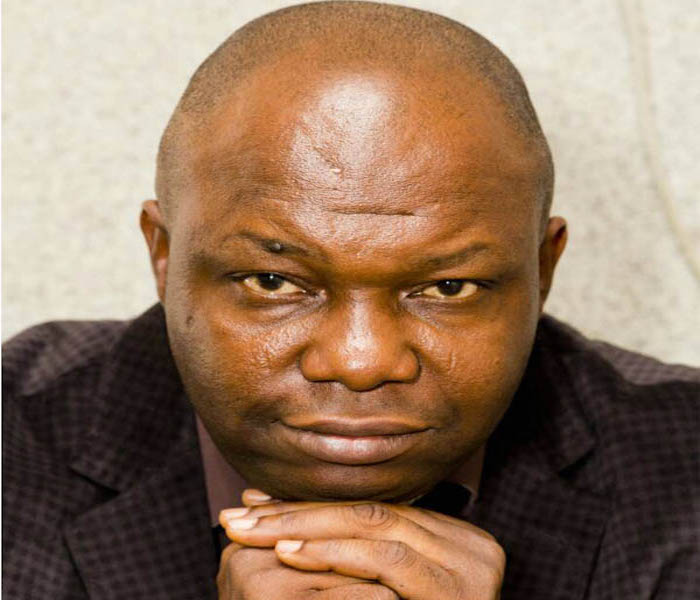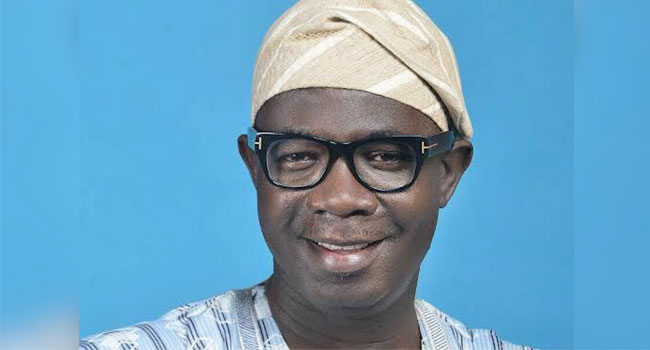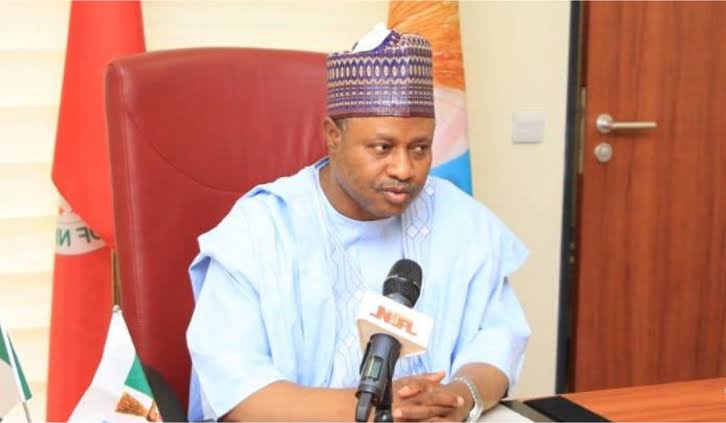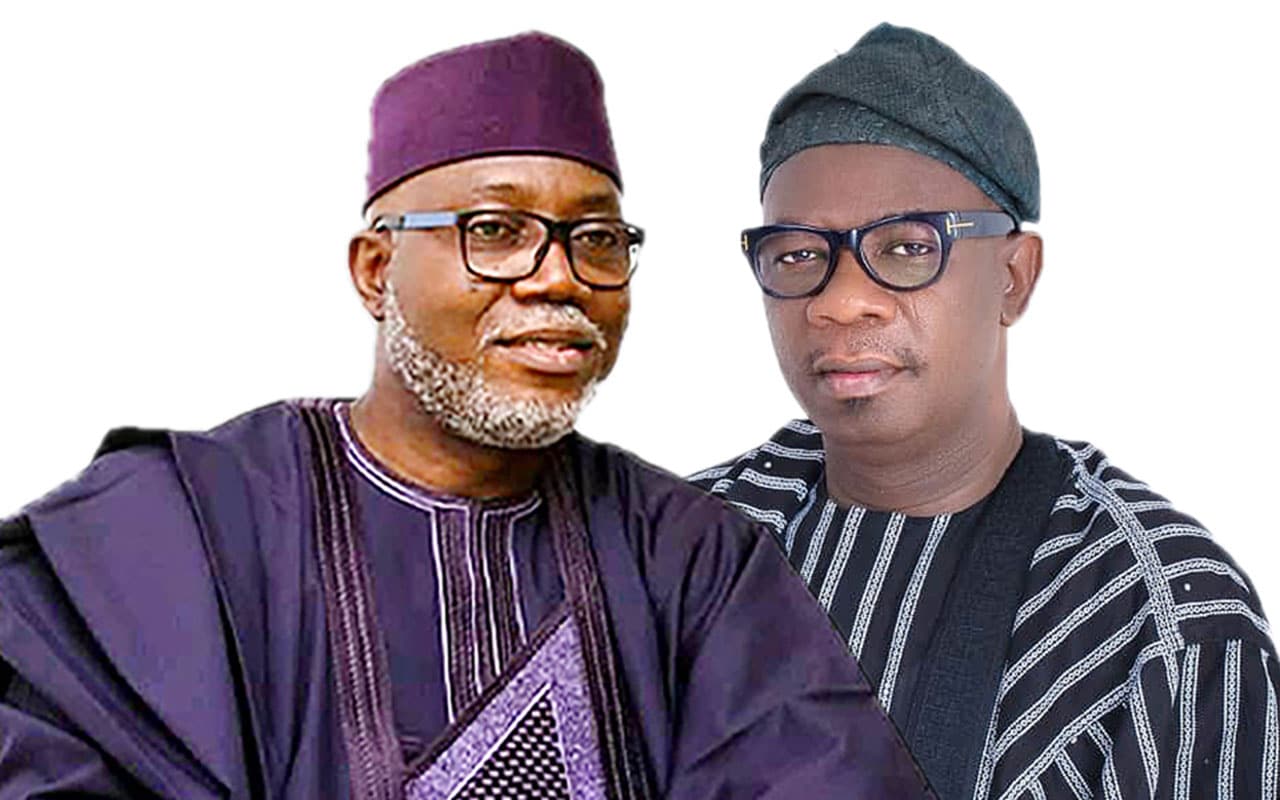President Bola Tinubu has declared that his administration is implementing bold policies to propel Nigeria’s economy out of the downturns occasioned by multiple global shocks.
Tinubu, represented by Vice-President Kashim Shettima, made the assertion yesterday at the opening of the 2024 African Caucus meeting in Abuja.
He said, “As a government, we have initiated bold economic reforms aimed at steering our economy away from the downturns caused by multiple shocks in the global economy.
“We believe it is a path of recovery and resilience through significant economic transformation. Our reform efforts have been strategically focused on fostering fiscal and monetary efficiency, driving sustained long-term economic growth, and catalysing job creation in alignment with the SDGs’ priorities,” he said.
According to the president, his administration remains committed to optimising the nation’s economic potential to deliver favourable outcomes for citizens.
Tinubu also said his government would ensure the overall sustainable development of the regional economy.
“Our efforts are yielding positive results, with improved macroeconomic stability and increased investment,” he said.
He urged African countries to improve the quality of life for people across the continent.
The president also emphasised the need for African leaders to ensure that democracy, good governance, and economic institutions worked together.
He drew attention to the need to enhance international tax cooperation to combat illicit financial flows and ensure that multinationals contributed fairly to African economies.
“We need enhanced international tax cooperation to combat illicit financial flows and ensure that multinationals contribute fairly to our economies.
“We must also foster global economic cooperation to tackle shared challenges and leverage opportunities.
“However, we must also acknowledge the need to take responsibility for our development by undertaking the difficult structural and fiscal reforms required to boost long-term growth,” he said.
Tinubu described the caucus meeting as a vital platform for sharing experiences, forging partnerships, and charting a collective path forward.
“Africa’s story is one of resilience, creativity and hope. Indeed, we have made significant strides in recent years, with many of our nations achieving remarkable economic growth, social progress, and political stability. “Yet, obstacles such as increasing poverty, rising debt across many countries, inequality, and conflicts continue to widen the gap between our continent and the 2030 Agenda for Sustainable Development Goals.
“This is a matter of serious concern,” he added.
Mr Wale Edun, Minister of Finance and Coordinating Minister of the Economy, said available data revealed that 41 African countries were set for stronger growth of up to 3.8 percent from about 3.4 percent in 2022 and rising to 4.3 percent in 2025.
Edu, who is also the chairperson of the African Caucus, said these exceeded the global average of about 3.2 per cent.
Mr Olayemi Cardoso, the Governor of the Central Bank of Nigeria, emphasised the significance of the meeting.
He said Africa stood at a “crossroads with unprecedented opportunities for development alongside significant challenges.
“To navigate this complex landscape and set the continent on the path of sustainable economic growth, we must leverage the support of our global partners.”
Speaking virtually, Dr Ngozi Okonjo-Iweala, the Director-General of the World Trade Organisation (WTO), provided a comprehensive analysis of Africa’s economic situation and potential.
Okonjo-Iweala emphasised the need for greater regional integration.
She said UN data for 2021 indicated that only 13 per cent of Africa’s goods trade was internal, compared to 21 per cent for Southeast Asia, 39 per cent for the US, Mexico, and Canada, and 60 per cent for Europe.
Ms Amina Mohammed, Deputy Secretary-General of the United Nations, stressed the importance of trade facilitation, a Pan-African payment and settlement system.
She also empahaised the need for increased access to energy and connectivity.
On challenges of public investment, she said, “in 2023, an extraordinary 48 per cent of government revenue in sub-Saharan Africa alone went to meeting debt payments.” (NAN).

 3 months ago
34
3 months ago
34















 English (US) ·
English (US) ·